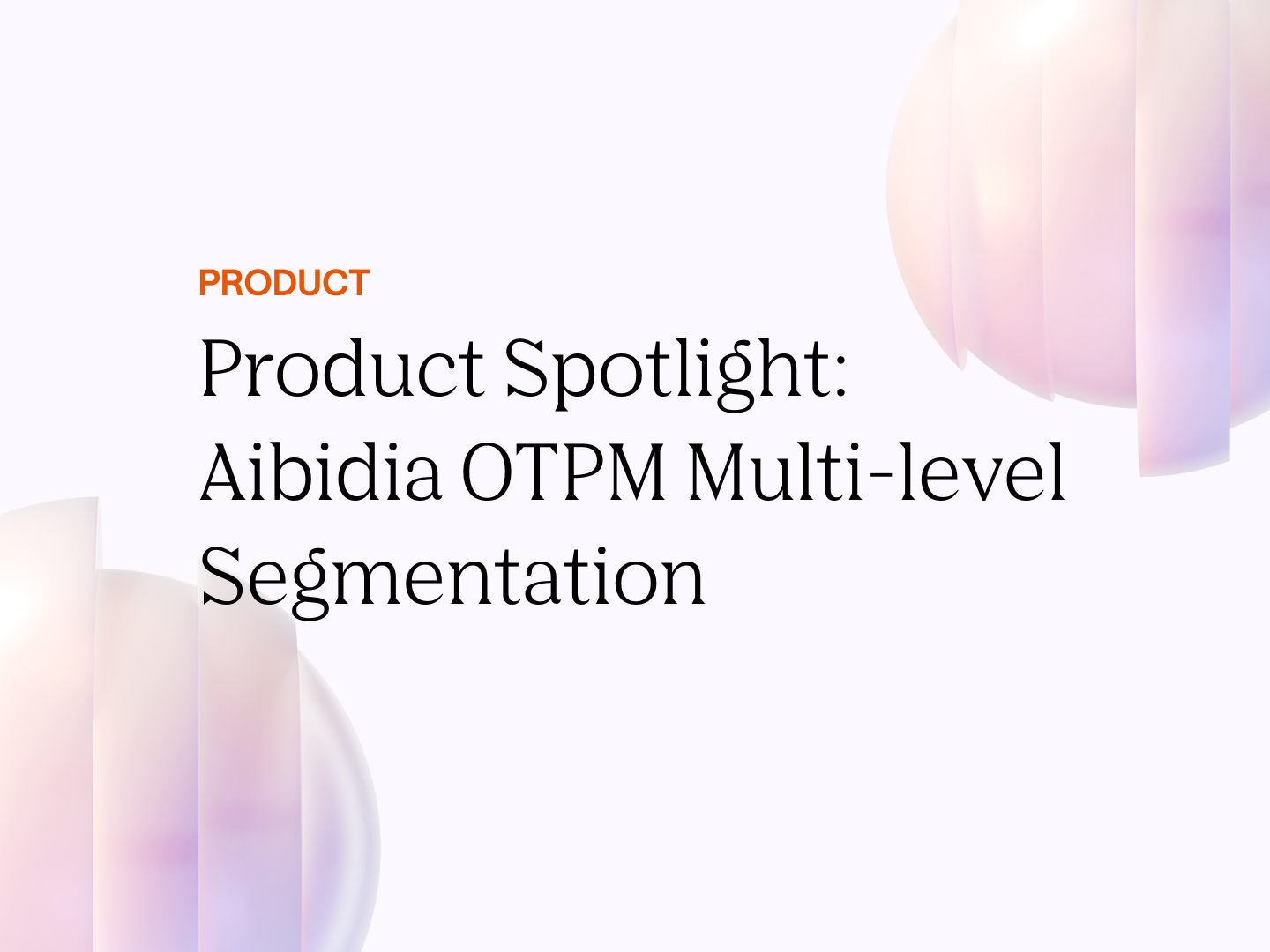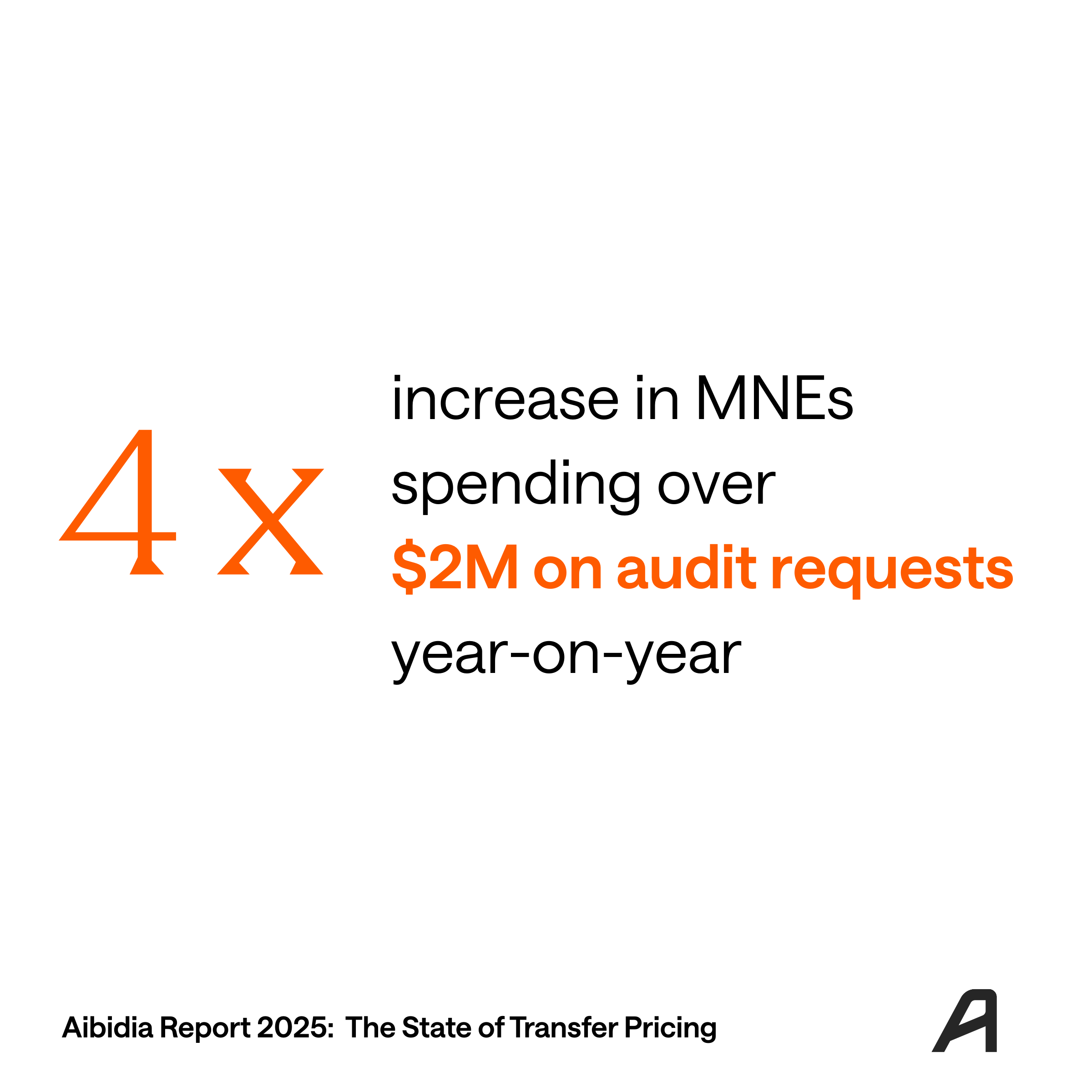We are excited to share our key highlights of the WU Global Transfer Pricing Conference that took place from February 15-17, 2023, in Vienna. The conference brought together some of the brightest minds in international tax and transfer pricing to discuss the latest developments in this field. The topics covered were diverse and included global transfer pricing developments, transfer pricing aspects of Pillar One and Pillar Two, the role of big data, remote work, high inflation, crypto assets, and environmental taxation. In this post, we will delve deeper into these topics and share some of the insights and ideas discussed at the conference.

1. Global Transfer Pricing Developments
Focus area: Brazil
Brazil is one of the countries that is nearing the implementation of OECD arm’s length principle standard. Also, countries like Cyprus, Montenegro, and Malta have tightened their transfer pricing rules. The US IRS has also outlined a priority guidance plan, including clarifying the best method rule for transactions, allocation of risk, and periodic adjustments. Attendees also discussed developments in the definition, aggregation, and valuation of intangibles.
2. Transfer Pricing Aspects of Pillar One
Focus area: Amount B
Pillar One focuses on implementing a standardized, simplified, and streamlined solution to determine the remuneration of baseline marketing and distribution activities. This approach uses qualitative and quantitative factors to determine remuneration, with no minimum threshold for companies. A written contract and documentary evidence are essential, and the transaction net margin method (TNMM) is used to determine the profit level indicator.
3. Transfer Pricing Aspects of Pillar Two
Focus area: Interaction with Transfer Pricing
Pillar Two includes and acts in conjunction with transfer pricing rules. As such, a reduction in transfer pricing compliance or tax authority scrutiny is not anticipated as countries will continue to defend their tax base. The struggles to tax all areas of the digitalized economy put the arm's length principle under strain, leading to more aggressive tax authority approaches and greater use of profit splits. This risks consistency in application and certainty for multinational enterprises (MNEs).
4. Transfer Pricing and Big Data
Focus area: Proposed Approach
Although BEPS Action 1 was initially intended to cover all digitalization aspects, including Big Data, it seems that further developments deviated from the initial plan, and digitalization still needs to be addressed in detail. Experts discussed the definition of Big Data relevant for transfer pricing and if (and when) the value is being created. One proposed approach discussed was to use a DEMPE analysis to allocate corresponding risks to the market jurisdiction. The income attributable to different market jurisdictions can be based on an agreed metric, such as the users of the platform's sales or revenue.
5. Transfer Pricing and Remote Work
Focus area: Fixed Place of Business PE
One key consideration highlighted during the session was the practical and technical features of a fixed place of business PE, such as frequency, duration, initiative, disposal, ownership of equipment, and nature of work. Disposal over the home office limits deeming of PE, making agency establishment more important in practice.
6. Transfer Pricing in Times of High Inflation
Focus area: Incorporating Inflation
The discussion emphasized the need to delve into the nitty-gritty of numbers and modeling. While transfer pricing studies tend to be abstract, incorporating straightforward calculations can significantly enhance their value. This may involve considering various inflationary scenarios and modeling the impact on prices, volumes, and costs to assess the sensitivity of different transfer pricing methods to inflation.
7. Transfer Pricing and Crypto Assets
Focus area: Pseudonymity
Associated enterprises may conduct non-arm's length transactions and escape scrutiny due to the inability of tax authorities to identify them as the parties holding the "wallets" with which transfers of cryptocurrencies were made. However, this type of activity would be considered tax evasion in most jurisdictions and could result in scrutiny under criminal tax law.
8. Transfer Pricing and Environmental Taxation
Focus area: Carbon Credits
The discussion focused on the challenges that arise in corporate tax and transfer pricing in relation to environmental taxation, specifically with regards to carbon credits. The issues of ownership of carbon credits, characterization of carbon credits, treatment of subsidies, allocation and treatment of costs, and avoidance of double taxation were all discussed.
We were grateful for the opportunity to participate in the WU Global Transfer Pricing Conference. We would like to express our sincere thanks to the organizers for putting together such a great event. The conference was an excellent opportunity to learn from experts in the field, exchange ideas, and stay up to date with the latest developments in transfer pricing. We appreciate the hard work and dedication of the organizers, which made this conference a great success.
About the authors:
Borys Ulanenko is a Digital Transfer Pricing Category Lead at Aibidia. Borys has more than 9 years of experience in transfer pricing with a background in industry and consulting. In addition, Borys is the founder of the educational platform StarTax Education. At Aibidia, he focuses on developing new transfer pricing applications and contributes to marketing and business development.
Brigitte Baumgartner Garcia works as a Digital Transfer Pricing Expert at Aibidia. Brigitte has more than 10 years of experience in transfer pricing with a background in government, industry and consulting. Brigitte often speaks on digital transfer pricing in international conferences and workshops.






%20(2).png)



.png)

.png)
.png)






.svg)
